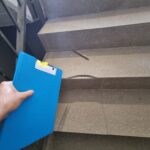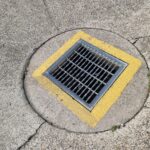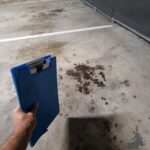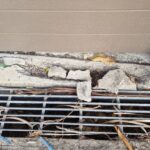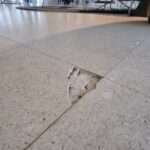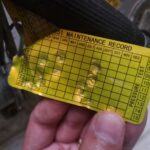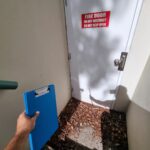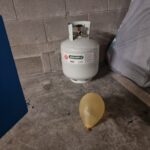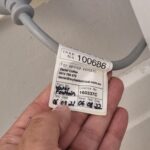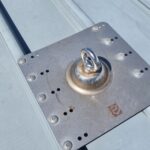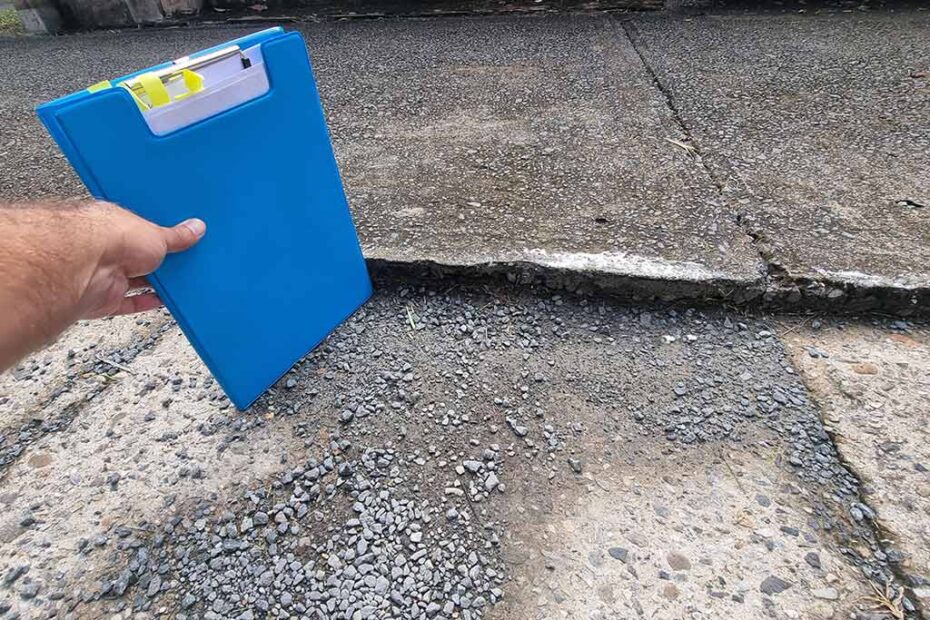Under the Work Health and Safety Act 2011, a Body Corporate or Owners Corporation must fulfill their legal duties, especially concerning the safety of anyone on the common property. In simple terms, this means they must take all practical steps to ensure the safety of everyone who enter common areas. This includes a duty to do all that is ‘reasonably practicable’ to safeguard the health and well-being of owners, tenants, service providers, and visitors alike. This duty of care is common law and is reinforced by multiple pieces of legislation.
Slips, Trips, and Falls: A Common Hazard
One of the most prevalent risks on common property is slips, trips, and falls. Whether it’s a poorly maintained walkway, a wet surface, or uneven flooring, these hazards can lead to serious injuries and potential legal liabilities for the Body Corporate. Additionally, the build-up of algae, mildew, or other slippery substances can exacerbate these risks, especially in outdoor areas or communal spaces with poor drainage.
Liabilities for Body Corporates
Failure to adequately address safety hazards on common property can result in significant liabilities for the Body Corporate. In the unfortunate event of an injury occurring due to negligence or lack of maintenance, the Body Corporate could face legal action, compensation claims, and damage to reputation. It’s not just about fulfilling legal obligations, it’s about protecting the well-being of everyone within the scheme.
Mitigating Risks and Ensuring Compliance
To meet WHS obligations and minimise risks, Body Corporates must be proactive. Regular inspections, maintenance, and hazard assessments are vital. Compliance with fire safety and electrical standards is equally crucial, including regular inspection and tagging of fire equipment like extinguishers, smoke alarms and fire doors. Pool safety, for example, demands regular checks of pool barriers, gates, and signage, as well as ensuring proper maintenance of pool equipment. Additionally, regular reviews of evacuation plans and electrical RCD testing (every 12 months, as per AS/NZS 3760) are necessary. By incorporating these measures, Body Corporates ensure safety and fulfill their legal duties.
The Importance of WHS Safety Reports
Engaging a qualified Safety Specialist to conduct a WHS safety report, also known as a common property safety report, is a proactive step towards ensuring compliance and reducing liability risks. These reports provide a comprehensive assessment of the common property, highlighting areas of concern and recommending corrective actions. Furthermore, they ensure that all necessary documentation is in order, demonstrating due diligence on the part of the Body Corporate.
Insurance Benefits of Safety Reports
In addition to fulfilling legal obligations and protecting occupants, obtaining a WHS safety report can lead to tangible benefits for the Body Corporate. Insurance companies could offer reduced premiums to entities that demonstrate proactive risk management through regular safety assessments and compliance measures. Investing in safety not only enhances the well-being of the community but also contributes to general maintenance and cost savings in the long run.
If you’re looking for a common property safety report, contact us at Olive Tree Consulting Group. We have qualified and accredited WHS inspectors who can provide you with peace of mind.


